
Meditation
The Art of Sitting Meditation
Resources and Advice for your ‘Pure Being’ Meditation Practice
~ How to Do Meditation for Beginners — a Complete Guide ~
~ Insights from Ramana Maharshi and Papaji on the Practice of Atma Vichara (Pure Being) ~
~ Plus 7 Tips for How to Overcome Meditation Challenges ~
Meditation is one of those things that, when done correctly, can help us with just about every aspect of our lives – especially when we make a habit out of it, doing it daily even for a short period of time. When learning how to do basic meditation, we often find that it doesn’t come so easily for us. To do any type of meditation effectively, we need someone to show us the way…because even though it’s a simple thing, we’re not normally accustomed to this way of being. Like any personal skill, we have to take the time to learn it, and to slowly and steadily become accustomed to it in order to see its positive effects.
Table of Contents
Introduction - Thoughts on Meditation
The Long-Term Benefits of Meditation
The Art of Self Inquiry - A Step-by-Step Guide to Pure Being Meditation
The Way to Freedom - Tips for Effective Meditation from Papaji
How to Overcome Meditation Challenges: A Practical Guide
INTRODUCTION:
MY THOUGHTS ON THE ART OF MEDITATION — AND TIPS FOR HOW TO DO EFFECTIVE MEDITATION PRACTICE
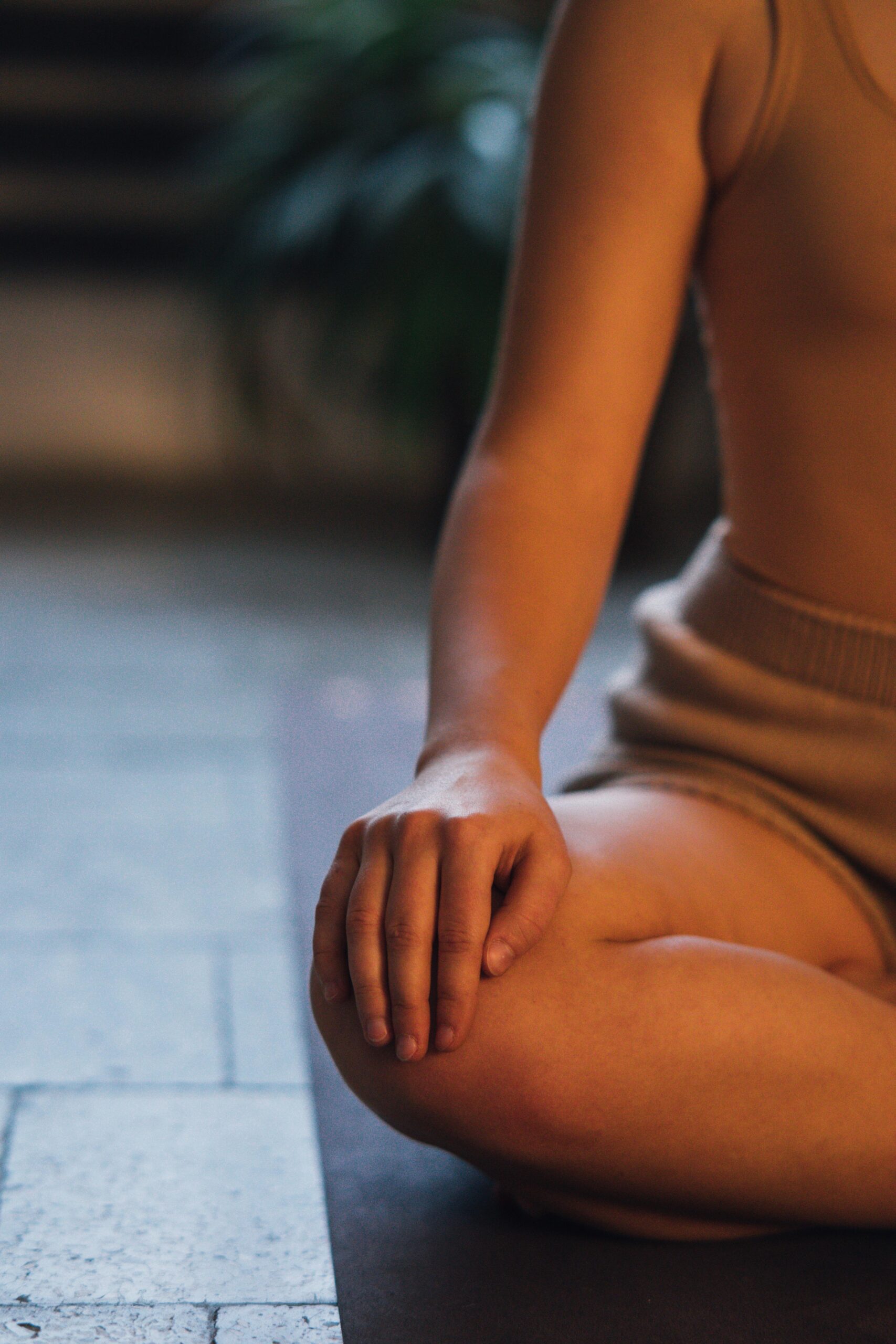
A Beginner’s Guide to Meditation Practice
I started my sitting meditation practice in 1999 and started teaching meditation in 2010. Through the years I have come across some indelible discoveries that I wish I’d known from the start. Here are just of few of those findings, to help you on your journey of awakening with the path of meditation…
There exist many traditions and methods of meditation, and the number of traditions keeps growing with the number of new teachers and with the changing and evolving cultures throughout history. Many of the ancient practices and methods are still relevant and effective in today’s world because they address the core of our human-ness – which is timeless.
Yet, it appears that most of the world has lost or does not fully comprehend the fundamental aspects of these traditions, and so the deeper functions of yoga and meditation are seldom understood and often misinterpreted, misused, or thrown into a watery soup of inconsequential and confusing practices. These practices are sold to us as effective paths to awakening, yet give no real results and often leave us feeling like we’re doing something wrong, or we haven’t tried hard enough yet, or we’re somehow not good enough to do the practice right. And so we feel like giving up, because…what’s the use?
Keep It Simple
Perhaps most importantly, once we do find an effective practice that we resonate with, whatever practice that may be, we must keep it simple if we want to experience its benefits. Because simplicity is the goal, simplicity must also be the path. As Chögyam Trungpa used to say, “the Path is the goal.” And as Lester Levenson often said, “Keep it simple sweetheart.” Correspondingly, we also need to leave behind those practices which we do not resonate with, however much someone may insist to us that they will work for us. We must to follow our own intuition with regard to any spiritual practice.
The True Purpose of Meditation
In terms of purpose, the art of meditation – whatever type of meditation it is, whatever tradition or teacher it comes from – has only one objective: to still the mind so that we are able to clearly see our already existing Self. Our apparent individuated souls then merge with the true Divine Self, or universal consciousness. By seeing clearly, we realize that we already are that which we’ve been seeking…that we are the One Universal being (insert preferred label here).
The Mind Cannot Shut Itself Up
And to this singular purpose, there is one basic fact of our apparent, individuated human existence that we cannot ignore if we are to have an effective meditation practice. That fundamental, basic, underlying fact, is this: the egoic, thinking, intellectual mind cannot calm itself down or shut itself up. It can never silence itself or make itself still, no matter how hard it tries.
As well, trying improve your mind using your mind will lead to a dead end road – any attempt at using the intellect to better oneself on a spiritual level will never bring lasting results. It will only bring frustration, confusion, or suffering to you and to those around you. Because what we seek to experience lies beyond the mind, we cannot access it with the mind. The mind can only point the way.
Instead – with any practice of meditation – we need to learn how to let go of the thinking mind. Because true meditation is merely the Self enjoying the Self. This, I believe, is key to any meditation practice. Very simply,‘meditation’ is taking your attention off of what you are not (ego) and putting it on what you are, which is your beingness, and that which is beyond beingness – the infinite Oneness.
The Mind Cannot Meditate
When you begin to understand how to do basic meditation, you’ll understand that the mind cannot meditate, that it cannot be mindful, that it cannot become awakened – that it is, in fact, the obstacle to awakening – when you come to know this on an experiential level, your meditation practice will become much easier. You can directly access that part of you that is already whole and complete, and you can abide in that sense of presence, that essence of completeness that exists within you permanently and eternally. Then, ‘just being’ becomes blissful and easeful. It will get deeper and deeper, more and more ecstatic the more you are in it.
This ‘pure being’ approach is a direct and profound path to realization, and is, in my experience, the simplest path to awakening.
Whatever your path brings, whichever methods you use, I wish you the best on your journey to Awakening. May all beings realize the true essence of their Divine nature.
‘Sarva Mangalam’ – May all beings be happy and free 🙂
The Long-Term Benefits of Meditation: What Really Happens After Weeks or Months of Practice
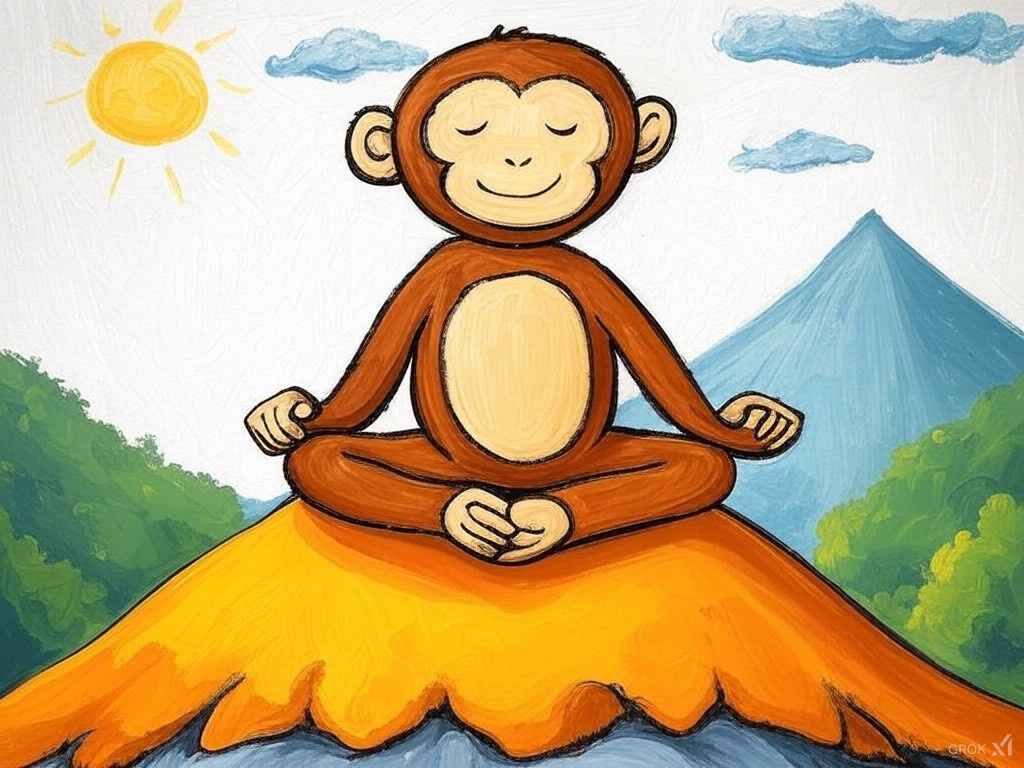
So, you’ve been meditating for a little while now—maybe a few weeks, maybe a few months. At first, it probably felt a little awkward, like you were just sitting there with your thoughts bouncing around like an overly caffeinated monkey. But now? Things are changing. Slowly but surely, meditation starts to shift your experience of daily life in ways that might surprise you.
Here’s what really happens when you stick with it.
1. Your Mind Becomes Less of a Drama Queen
One of the first things you’ll notice is that your mind isn’t freaking out as much. Those little things that used to stress you out? They don’t hit quite as hard. It’s not that problems disappear, but your reaction to them changes. You start to catch yourself before spiraling into unnecessary worry. Meditation gives you that mental pause button, letting you step back before your emotions run the show.
2. Your Focus and Clarity Skyrocket
Ever feel like your brain is a browser with too many tabs open? Meditation helps close some of those tabs. Over time, your ability to focus sharpens, making it easier to get through tasks without feeling mentally drained. Whether it’s work, reading, or even just having a conversation, you’re more present. Less mental clutter, more clarity.
3. Stress and Anxiety Take a Backseat
Meditation is like a daily workout for your nervous system. It tones down that constant fight-or-flight response, reducing the grip of stress and anxiety. Over weeks and months, you’ll notice that even on tough days, there’s a core sense of calm underneath it all. You don’t get as rattled. You breathe a little easier. Life feels less like a rollercoaster and more like a steady ride.
4. Emotional Resilience Kicks In
When you meditate consistently, emotions don’t hit you like a tidal wave anymore. Instead of getting carried away by frustration, sadness, or anger, you develop the ability to observe them. You see the feelings come and go, but they don’t define your entire day. This emotional resilience helps in relationships, work, and just about every aspect of life.
5. Sleep Improves (And You Wake Up Feeling Rested!)
A busy mind is often what keeps people up at night. With regular meditation, that endless mental chatter quiets down. You fall asleep faster, sleep deeper, and wake up feeling more refreshed. And because stress levels are lower, your body naturally shifts into a more balanced state, making quality sleep much easier to come by.
6. You Start to Feel More Connected to the Present Moment
Meditation rewires the way you experience life. Instead of constantly thinking about the past or worrying about the future, you start noticing the now more often. That morning coffee? You actually taste it. The sound of birds outside? You hear it. Life becomes richer and more vibrant because you’re actually there for it.
Final Thoughts: Stick With It!
If you’re just starting out, keep going. Meditation isn’t about perfection; it’s about consistency. The real magic happens over time. Weeks turn into months, and before you know it, you’re handling life’s ups and downs with more ease, clarity, and inner peace.
So take a deep breath, close your eyes, and keep showing up for yourself. Your future self will thank you.
THE ART OF SELF-INQUIRY
A Step-by-Step Guide to Pure Being Meditation (Atma Vichara)
— How to Do Meditation for Beginners
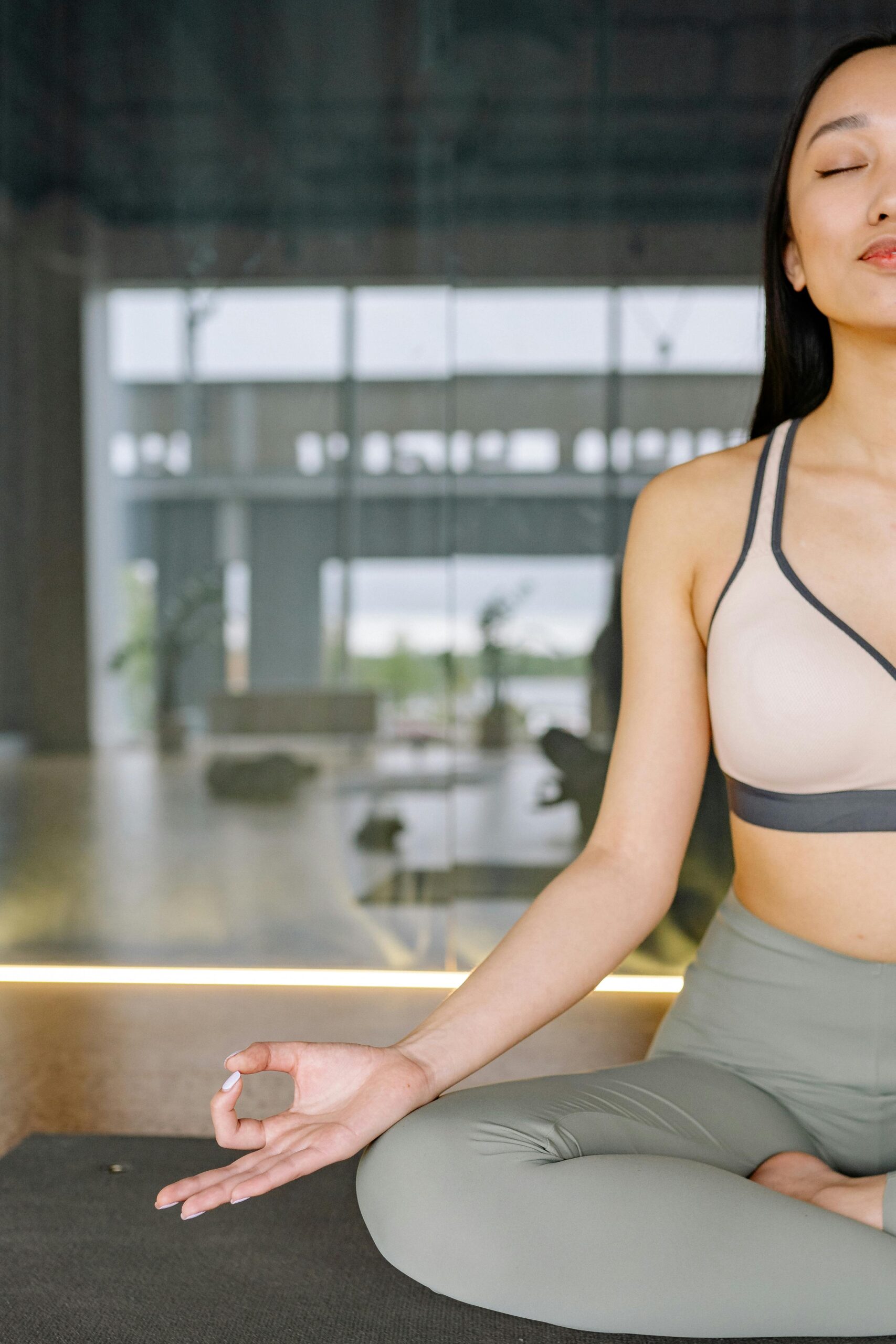
1. Find a Quiet Space
- Choose a place where you will not be disturbed.
- The environment should be calm, with minimal distractions.
- If possible, sit in a space dedicated to meditation.
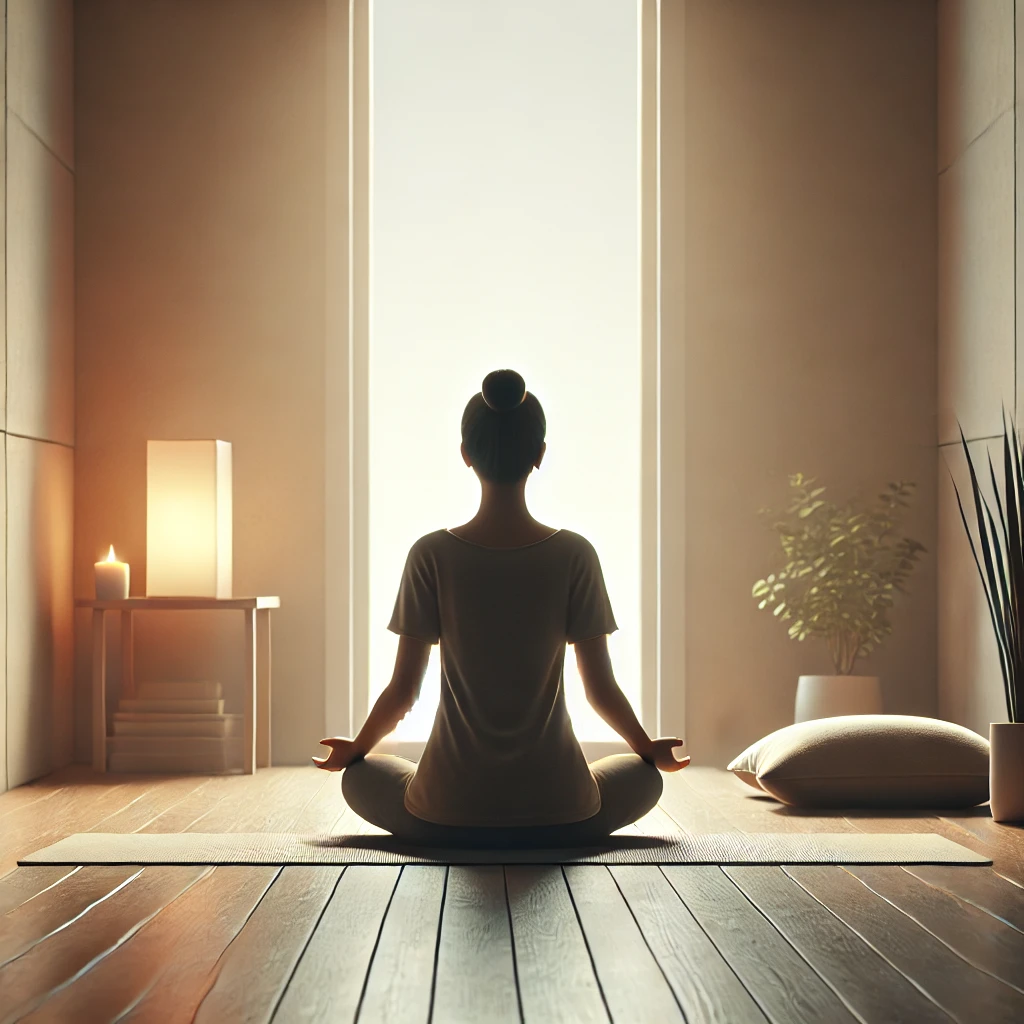
2. Assume a Comfortable Sitting Posture
- Sit cross-legged on a cushion or on a chair with your feet flat on the floor.
- Keep your back straight but relaxed, without tension.
- Place your hands on your knees or in your lap.
3. Gently Close Your Eyes
- Relax your facial muscles and take a few deep breaths.
- Allow the body to settle naturally.
4. Withdraw Attention from External Distractions
- Let go of focus on the senses.
- Avoid engaging with thoughts, memories, or plans.
5. Direct Attention Inward (Self-Inquiry)
- Instead of concentrating on an object (like the breath or a mantra), turn awareness back on itself.
- Ask yourself, “Who am I?”
- Do not answer mentally—this is not an intellectual exercise. Instead, observe where the sense of “I” arises.

6. Rest in the Awareness of Being
- Simply be aware of being aware—this is the essence of “pure being.”
- Avoid labeling, analyzing, or conceptualizing.
- Do not try to force the mind to be still; instead, let thoughts come and go without identification.
7. Stay as the Observer
- If thoughts arise, do not engage with them. Ask, “To whom do these thoughts appear?”
- Recognize that they arise in awareness but are not you.
- Gently return to the sense of “I” without clinging to thoughts.
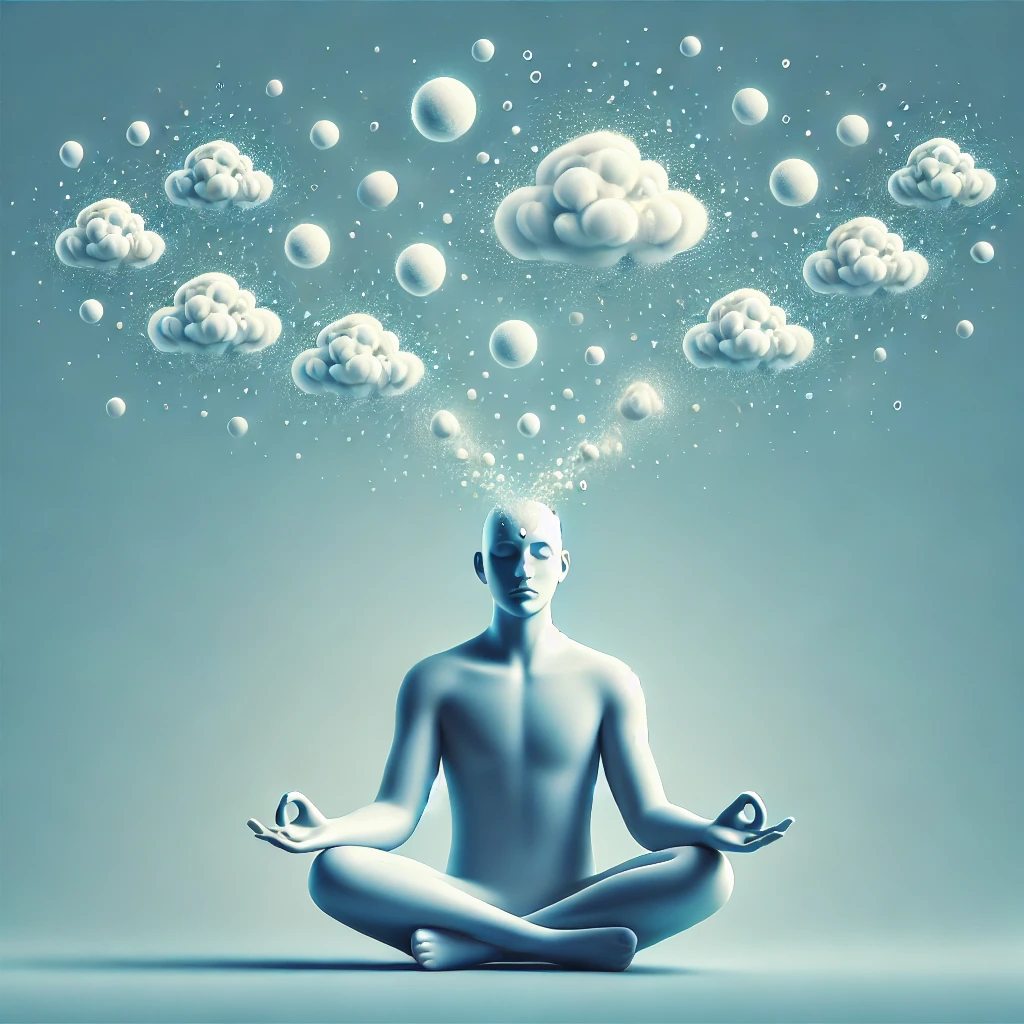
8. Let Go of Any Effort
- Instead of trying to meditate, let meditation happen naturally.
- Abide in the silence that remains when attention is withdrawn from thoughts.
9. Extend This State Beyond Formal Meditation
- With practice, this awareness of pure being can extend into daily life.
- Gradually, you recognize that you are always this silent awareness, regardless of circumstances.
10. End the Session Gently
- When ready, slowly bring attention back to the body and surroundings.
- Open your eyes, move gently, and carry this presence into daily activities.
Key Insights from Ramana Maharshi’s Teachings
- The true Self is always present; meditation is about realizing this, not achieving something new.
- The ego dissolves when one abides as the Self.
- “Who am I?” is not a question to be answered with the mind but a means to turn awareness inward.
- Awareness of awareness itself is the final goal—pure, silent, effortless being.
—With consistent practice, this meditation reveals your true nature as pure, unchanging awareness.
THE WAY TO FREEDOM: TIPS FOR EFFECTIVE MEDITATION
—FROM PAPAJI
After a student inquired about the way to freedom, HWL Poonja said this:
“Who told you that there is any way to freedom?[…] Where did you get this map? There is no way to freedom. ‘Way’ means you have to start from somewhere, and arrive somewhere, isn’t it? Then you need a way…there should be some distance from your location…then you need a way. So, you have [no need] to go anywhere else. So… this creation of distance is the deception of the mind. So…you forget about any way, or [about] any freedom also.
And if you do, stay wherever you are. You are not to run anywhere else. So this concept of the mind, somehow, you have to get rid of. Stay as you are, wherever you are. And, if you do, instantly you will know that you are already that, what you wanted. For millions of years searching and searching…there is no search, also. ‘Search’ is [about] something that you’ve lost. And, when you’ve not lost anything, there’s no meaning to ’search’ for any object.
So, here, you simply keep quiet…don’t stir a thought from the mind. And then you will know who you really are.”
He also said, “If you have a burning desire to be free, this alone is enough. This will burn the whole universe. If you have a burning desire for freedom, it will burn anything else, including you – your mind, and your ego, and your body. But, let it burn. And then, if something is left, you consume into this flame. And once anything enters into the fire, it becomes fire itself [….] This thought of freedom will enter into the fire itself…it is so easy, but very few people are burning to be free. Some people want this, some that, and again enter into the universe according to their own will. Let this will also burn into the fire, so that you have no will to do this or do that […] don’t be afraid of this fire […] it is love itself.”
How to Overcome Meditation Challenges: A Practical Guide
Meditation sounds simple—just sit, breathe, and be present. But if you’ve ever tried to meditate consistently, you know it’s not always that easy. From restless thoughts to physical discomfort, many challenges can make meditation feel frustrating instead of peaceful. The good news? Every obstacle has a solution. Let’s dive into some common meditation challenges and how to overcome them.
1. “I Can’t Stop Thinking”
If you feel like your mind won’t shut up during meditation, welcome to the club. The goal isn’t to eliminate thoughts but to observe them without attachment. Instead of getting frustrated, try these approaches:
- Label your thoughts. Simply note “thinking” and return to your breath or mantra.
- Use guided meditations. Listening to a teacher can help you stay on track.
- Practice patience. Over time, your thoughts will naturally slow down.
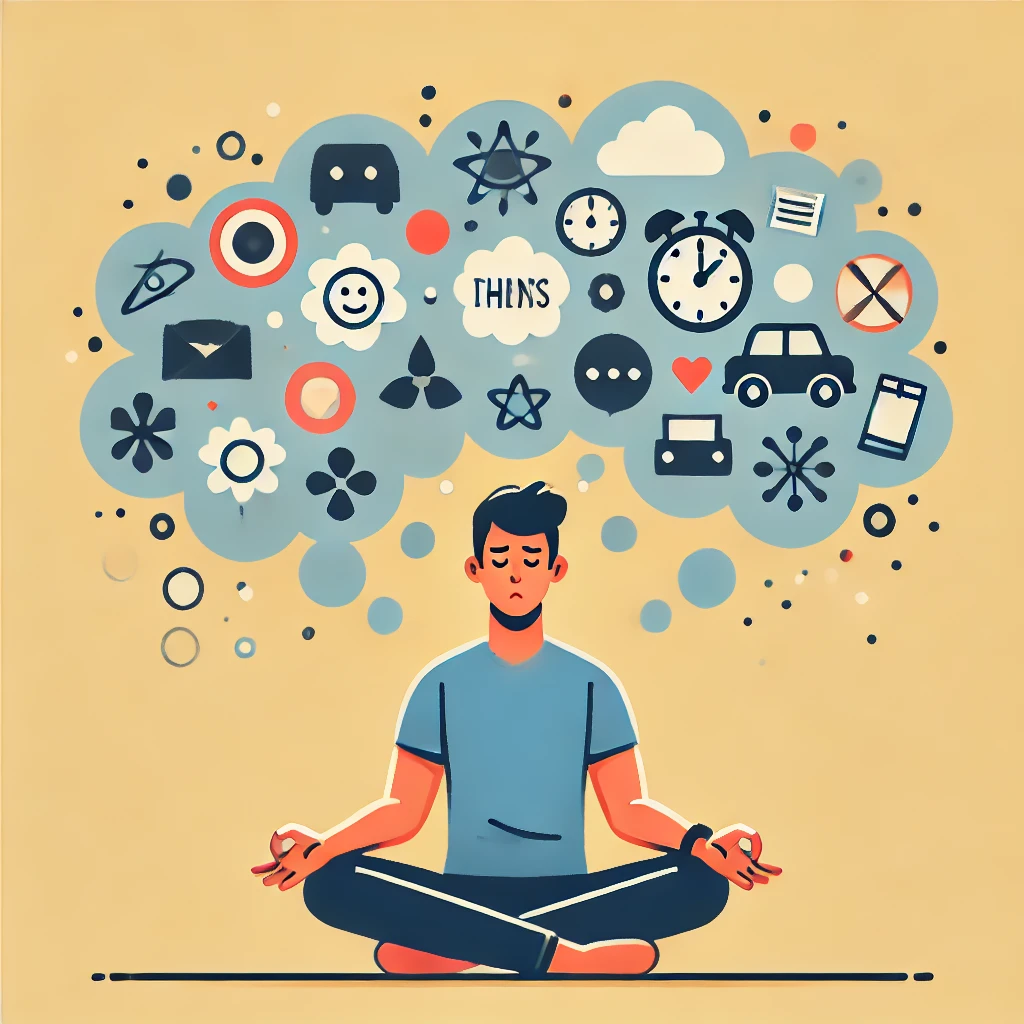
2. Physical Discomfort and Restlessness
Sitting still for an extended period can be challenging, especially if you experience stiffness or discomfort. Here’s what you can do:
- Find a comfortable posture. You don’t have to sit cross-legged; a chair works fine.
- Use cushions or props. Support your body so you can relax.
- Move mindfully. If you need to adjust, do so slowly and with awareness.
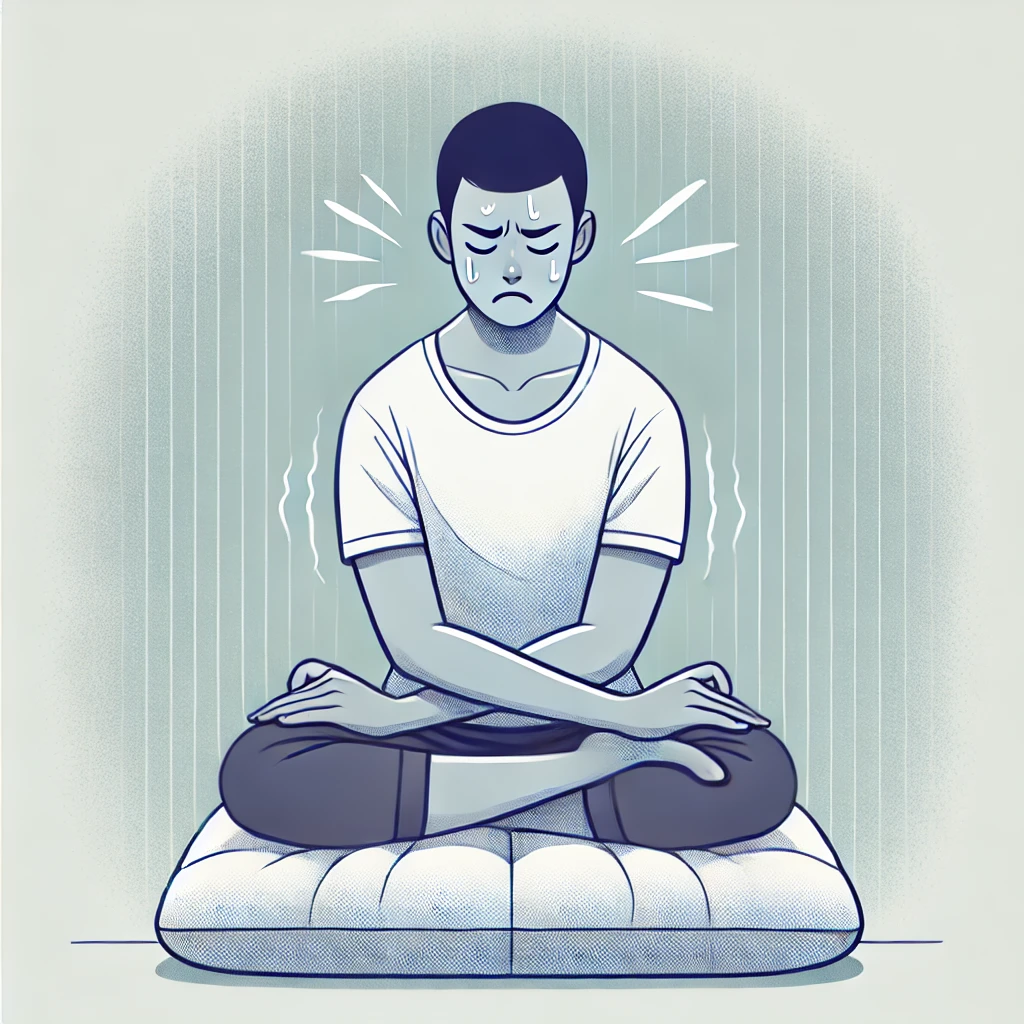
3. “I Don’t Have Enough Time”
Busy schedules can make it hard to prioritize meditation, but even a few minutes can make a difference. Try these strategies:
- Start small. Meditate for just 2-5 minutes and build up from there.
- Incorporate meditation into daily activities. Try mindful walking or eating.
- Make it a habit. Set a reminder or link meditation to another daily routine.

4. Lack of Motivation
Some days, you just won’t feel like meditating. That’s normal! Here’s how to stay consistent:
- Remind yourself why you started. Think about the benefits you’ve experienced.
- Make it enjoyable. Experiment with different techniques to keep it fresh.
- Join a community. Meditating with others can keep you accountable.
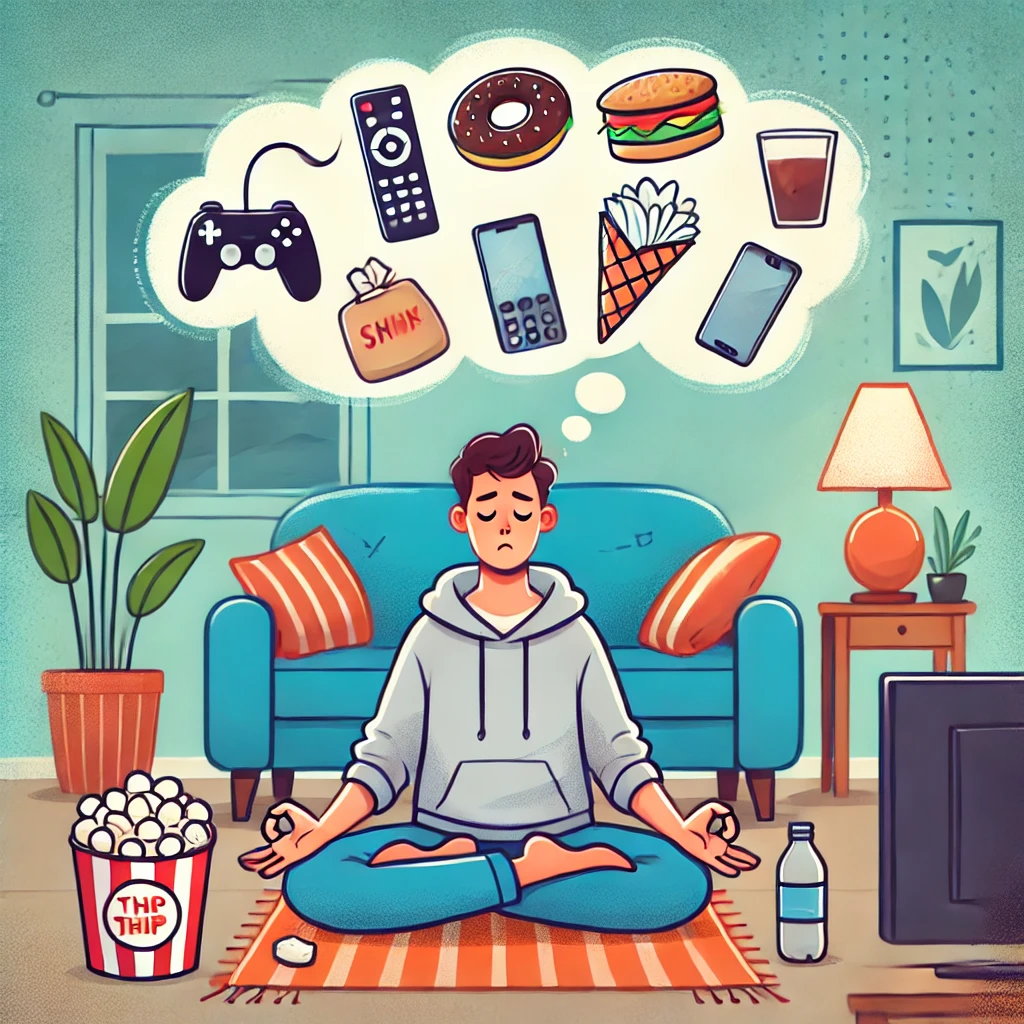
5. Falling Asleep While Meditating
If you often nod off during meditation, consider these adjustments:
- Sit up straight. Avoid meditating in bed or lying down.
- Meditate at a different time. If you’re always sleepy, try practicing earlier in the day.
- Increase alertness. Open your eyes slightly or take a few deep breaths before starting.
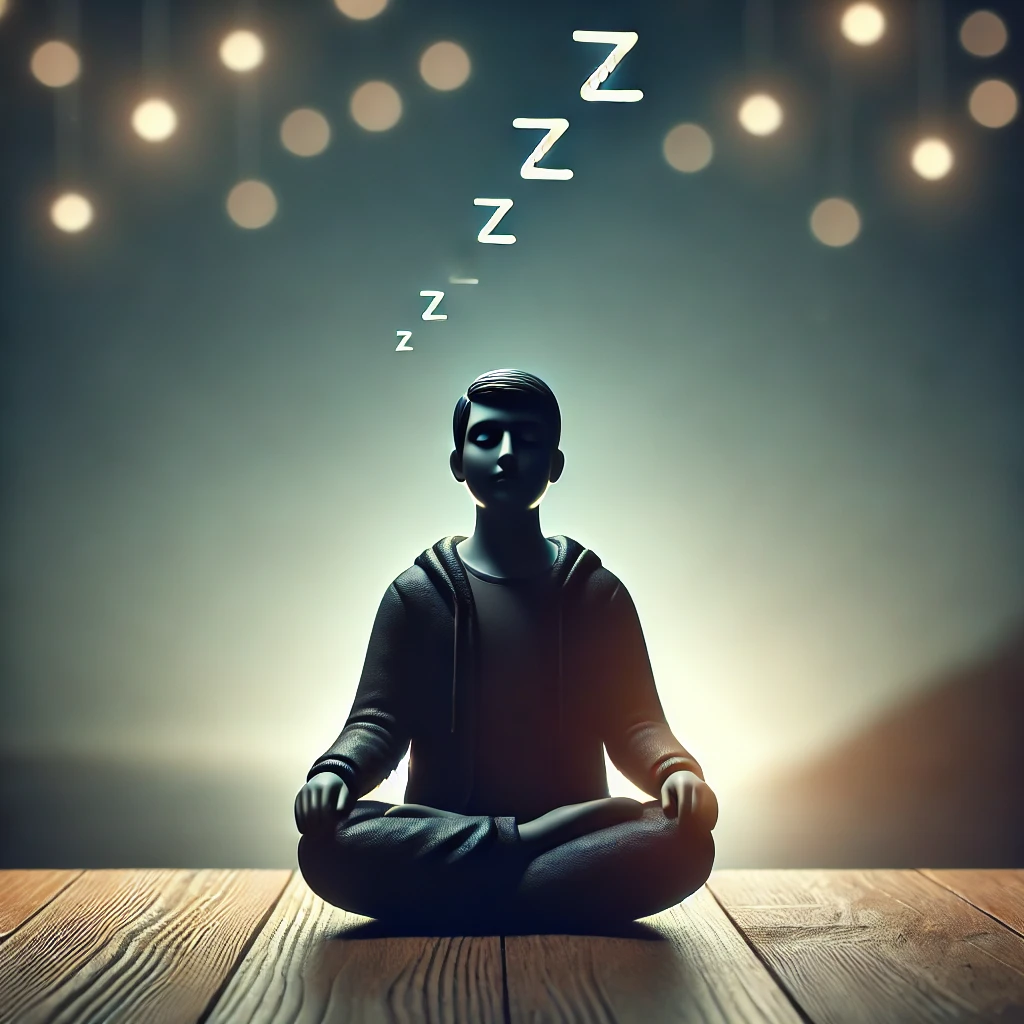
6. “I Don’t Feel Like I’m Getting Anywhere”
Progress in meditation isn’t always obvious, but that doesn’t mean it’s not happening. Keep in mind:
- Meditation is a process. The benefits often show up subtly over time.
- Avoid expectations. Let go of the need for immediate results.
- Celebrate small wins. Even noticing your distractions means you’re becoming more aware.
7. Dealing with Emotional Ups and Downs
Meditation can bring up buried emotions, which might feel overwhelming. Instead of resisting, try:
- Acknowledge your feelings. Let them be without pushing them away.
- Practice self-compassion. Be gentle with yourself through difficult moments.
- Seek support. Talking to a teacher or therapist can be helpful.
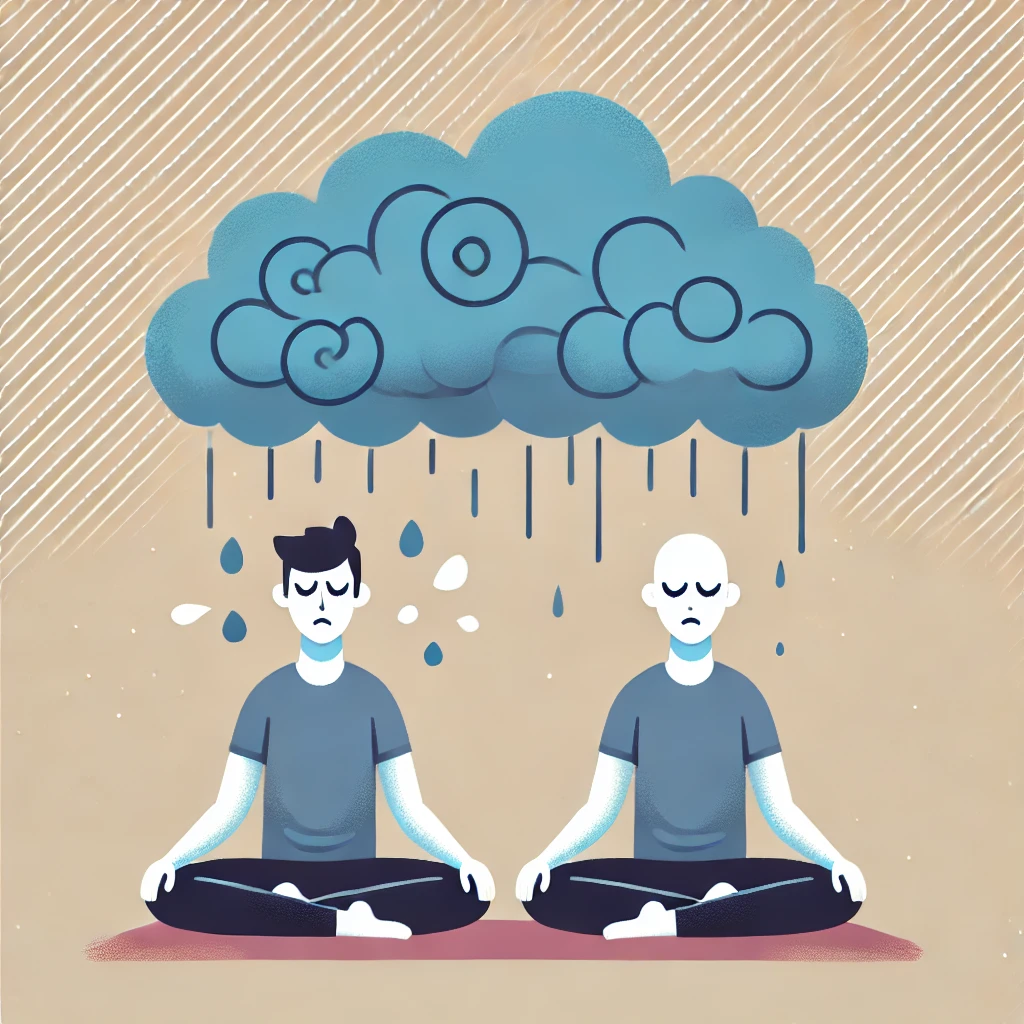
Final Thoughts: Keep Going…
Every meditator faces challenges—it’s part of the journey. The key is to approach meditation with curiosity and patience. With time and practice, what once felt difficult will become second nature. So take a deep breath, let go of perfection, and enjoy the process. The benefits are well worth it.
The Art of the Mudra – hand positions to balance and empower the energy body.

Understanding how to do basic meditation with hand mudras: hand mudras are effective ways to enhance one’s meditation or yoga practice, on or off the meditation cushion or yoga mat. It’s a way to put you back in balance if you’ve had a stressful day or if you need an extra boost of energy or vitality. I personally find them helpful to balance and regulate the pranic energies, to help remove deep emotional blocks, and to stay focused and grounded.
Here is a link to a page that describes some powerful mudras: https://asivanayoga.com/blogs/yoga-blog/powerful-mudras
And here’s a great in depth look at mudras and how they function from World Peace Yoga School:
Note: this ebook was taken from the Vinyasa Yoga Academy website. It has been altered slightly in order to correct mistakes made in the hand images. House of Flow does not own this handbook – it is the property of World Peace Yoga School only.
